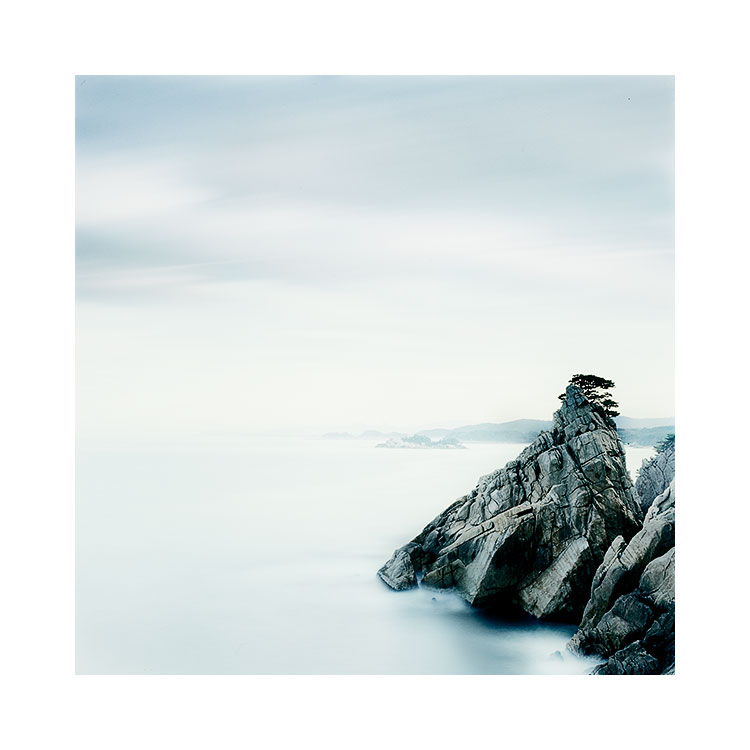Getting to the Lofoten Islands is not easy. First you need to arrive in Oslo, and once there, you need to take an internal flight up to the very top of Norway to the town of Bodø. From there the Lofoten islands are a short 20 minute plane hop, or a four hour ferry journey. Only in winter, like here in Scotland, you’d be lucky if the ferry is running at all.
So I’d opted to stay at the local youth hostel in town. The taxi took me there in about 10 minutes from the airport and cost me around £20 one way. I checked in. The place seemed to be occupied by young guys coming and going at all hours, when there is nothing to go anywhere for, unless you like snow and darkness.
I ventured outside to see if I could get something to eat. At 11pm in northern Norway in February, very little is open. Norwegian towns are very quiet, law-abiding, deserted places and I felt particularly lonely on this first of many journeys to Bodø. I kept walking and found the only place open in town - a Pizza shop.
They asked me about Scotland and I asked them about Norwegian life. They were about 20 years old, while I was at least double their age. But we had a lot in common, being the only people in town not ensconced at home at 11pm.
I wanted a coffee, or a tea, but they only had Coca Cola, so I bought the smallest bottle they had, a 2 litre plastic container of sugary water. I went back to my hostel and after eating my pizza, I looked out of the window of my room onto the train station below. I thought about how this wasn't exactly the warmest fun place to be, and at that moment I realised how much my life sucks at times. Running a business that involves travelling when I sometimes don't feel like it, can be hard at times.
As exotic as it seems to some (and I do have moments when it feels wonderfully exotic), there are often times when I have to stare at the harsh reality of what my life has become. The space between leaving home and arriving at my destination can feel like a displaced, friendless-ness space in which to be stuck in for anywhere up to a whole day and one empty evening.
It can feel like I'm in the middle of nowhere.
But it's always temporary, and good things always come out of my ventures.
In the morning I was on the local plane hop over to Lofoten. The plane was tiny with around 20 seats in it, and everyone clambered on board with their shopping and luggage in their hands. We rose abruptly into the sky, got tossed around in the winter storm, and just as quickly as we had ascended, we abruptly hit the ground on the other side.
My air hostess had conducted the safety briefing in English - just for me. I was the only non-native on the local flight, a flight that is more akin to a bus service than anything else. She said before we departed ‘ if we can’t land due to strong winds, we’ll turn round and come back’. I liked her plan very much.
Since my first trip to Lofoten, I’ve become friends with a handful of the locals in the town of Reine, and many others that I know well enough to say hello to. I'm the outsider, the one with the Scottish accent that comes once a year for about two to three weeks every February.
Mostly my friends there are expats: I have friends who are Dutch, Swedish, Australian and one of them - Sandro - is half Norwegian and half Italian. Lofoten seems to attract outsiders to come and live there.
Beauty is one thing, and beautiful Lofoten is. But it’s not for everyone. With long winters, and a small community, some of us (and I think I’m one of them) would go a little crazy with all that space and silence.
As my Dutch friend Lilian who lives there once said to me ‘if you have any personal issues, a place like this can amplify them. It’s not a place to run away to if you have emotional things you need to run away from’. Being in the middle of nowhere, whether it's a hostel in a northern town in Norway, or whether it's sitting on a plane, often gives me a glimpse of what Lilian describes. My thoughts and feelings often get amplified whilst in the middle of nowhere.


















